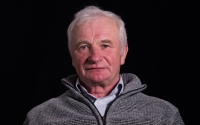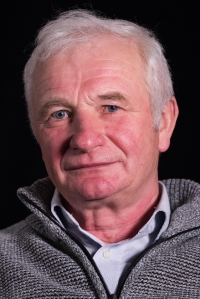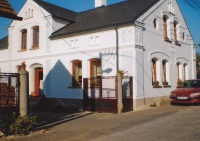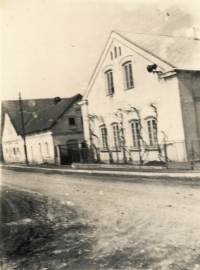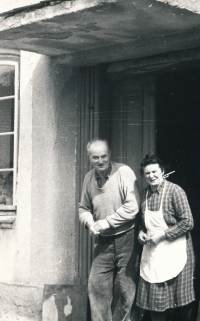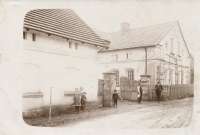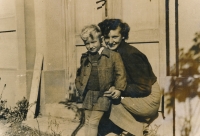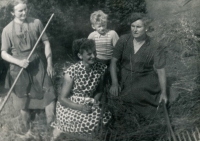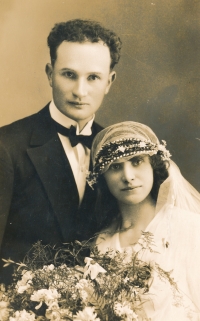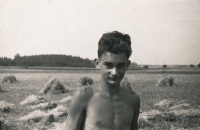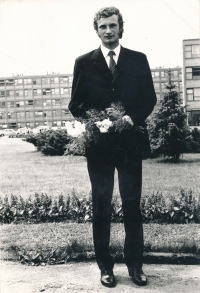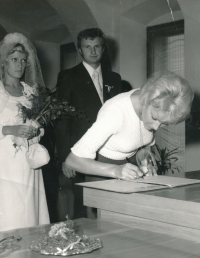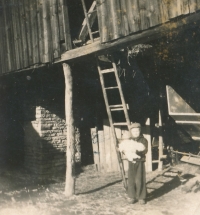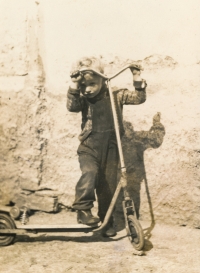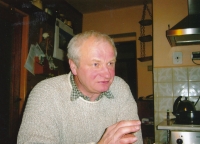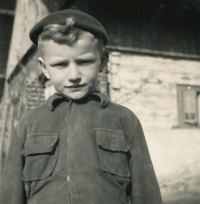Rooted in the soil despite everything

Download image
Václav Dašek was born on 29 September 1949 in Opočno into a farmer’s family from Slavětín nad Metují. His family had been farming in the village since 1858. His father Ladislav Dašek took part in a demonstration of farmers in Dobruška in December against increasing supplies of the state. As one of eighteen protesters, he was arrested and sentenced to 20 years for high treason. The same court sent Wenceslas’ mother, Marie Dašková, to prison for 8 months for outrage. Václav grew up on his native farm, which became a part of the local collective cooperative. He graduated from an agricultural college and then attended an agricultural college. A two-month farm stay in Denmark in 1968 inspired him to wish to be privately managed. After graduation he worked as an agronomist in JZD Velká Jesenice and later in Agrochemický podnik. At the same time, since the late 1970s, he and his wife have grown mushrooms in the former barns and sold them on the markets. They invested the money mostly into the reconstruction of their native farm. After November 1989 he started fully own private business. Under the Land Act, he regained his native land and bought more. Nowadays Dašek’s farm is one of the largest in the region with 300 hectares of land. In 2009 he won the Farm of the Year award.
